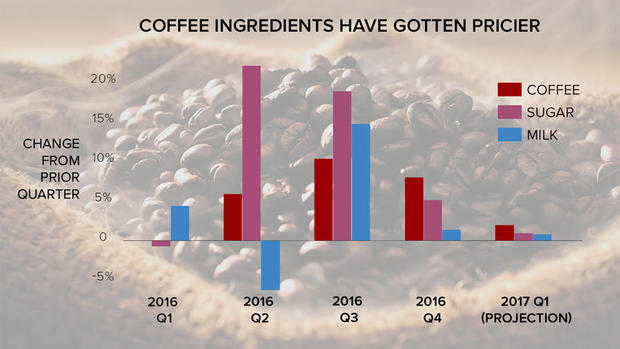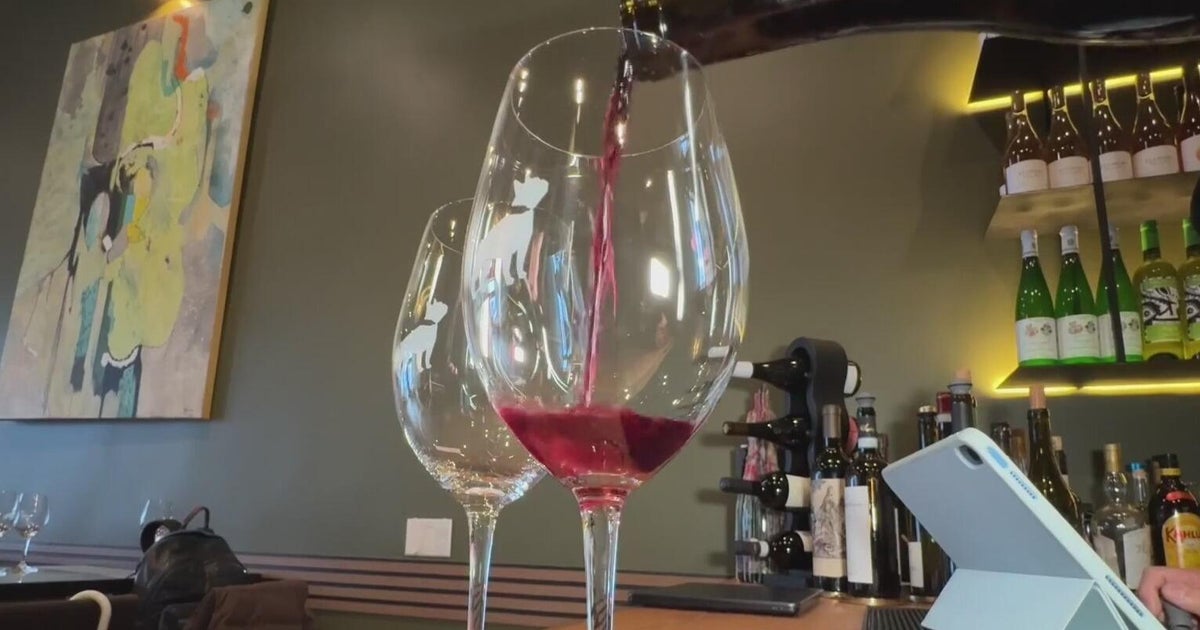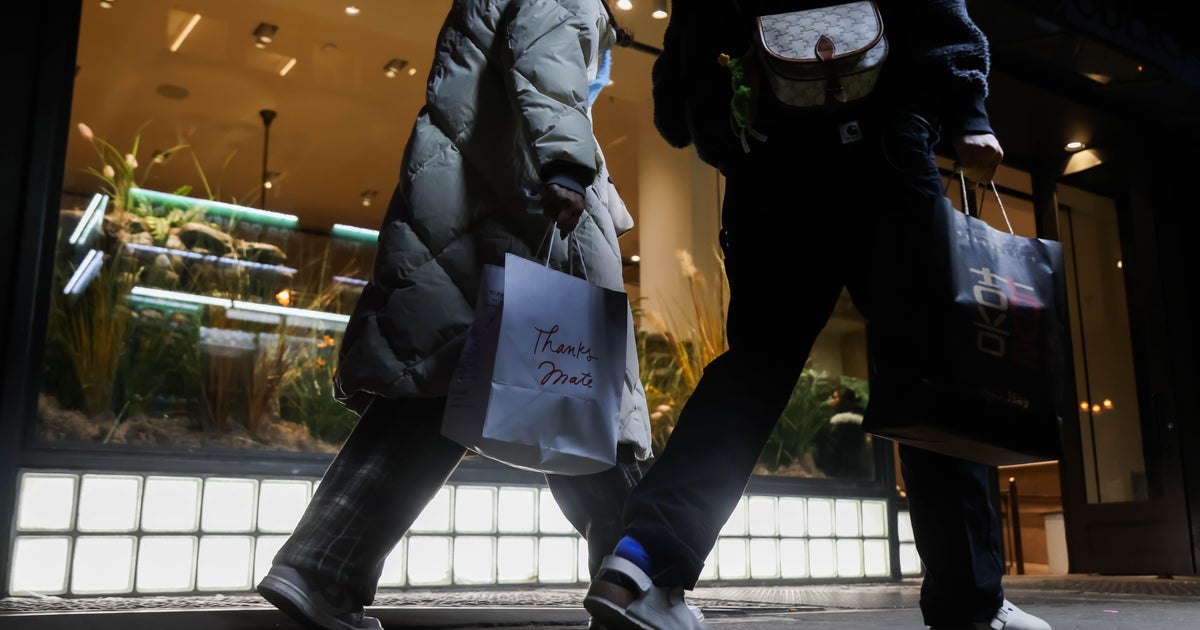Sorry, coffee fiends, prepare to pay more for your java
J.M. Smucker’s (SJM) move this week to boost the price of its Folger’s and Dunkin’ Donuts brand coffees is a financial jolt for java junkies. After all, U.S. consumers have enjoyed falling prices in recent years. According to the Bureau of Labor Statistics, the average price for a pound of coffee as of November was $4.31, down from $5.04 in 2013.
That was then. Now, the price of coffee futures is around $1.49 per pound, up more than 15 percent from a year ago. And bean costs are rising. FocusEconomics expects prices to average $1.65 by year-end, with the price increase driven by lackluster supply and growing consumption in the U.S., China and India.
Indeed, commodities broker Shawn Hackett thinks coffee futures could hit as much as $3 a pound at some point during 2017. “They certainly are going to go up a lot, possibly even more than last year,” he said, adding that the “danger zone” for the coffee market is between now and the spring harvest.
According to the International Coffee Organization, economists have found that when the price of coffee futures go up, consumers usually see a price increase; but when futures prices fall, retail prices don’t typically fall at the same rate.
One key factor pushing up prices: weather. Several years ago, coffee production fell when the weather pattern known as El Nino, tied to above-average temperatures in the Pacific Ocean, lead to a multi-year drought in Brazil and Vietnam, the world’s top two producers. During the most recent growing season, meanwhile, Vietnamese coffee growers were pummeled during harvest seasons by floods.
That is going “to severely hurt the potential for next year’s crop,” Hackett said of Vietnamese production. “During October, November and December,. this is their dry season. They rarely get much rain. They’ve had rainfall 300, 400 and 500 percent above normal…. That’s about as worst-case scenario as you can get.”
Even coffee giant Brazil has been forced to import supplies of Robusta beans for the first time. Supplies of Robusta and Arabica beans, which are also traded on international markets as a buffer against bad weather, have been drawn down in recent years. J.M. Smucker’s 6 pecrent hike in the cost of its coffee stems from rising Robusta prices.
“This is not a couple month affair,” Hackett said. “We are going to be dealing with a tight market for probably the next 12-24 months before finally getting back into normalcy.”
Other coffee sellers are feeling the rise in prices. Starbucks (SBUX), the world’s largest coffee-shop operator, has raised coffee prices three times between 2013 and 2016.




